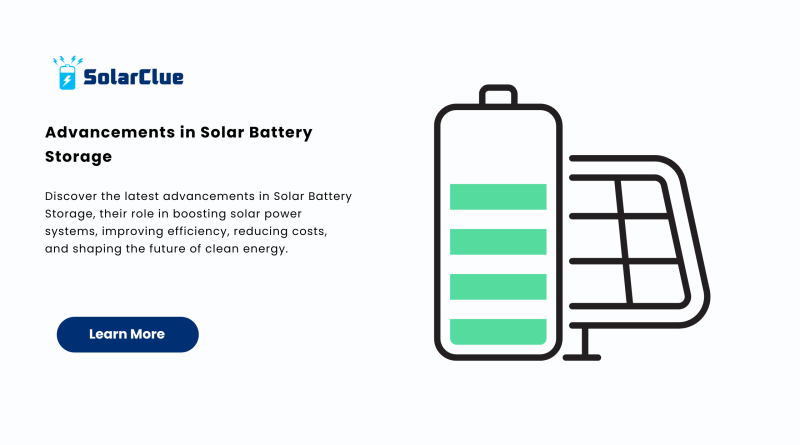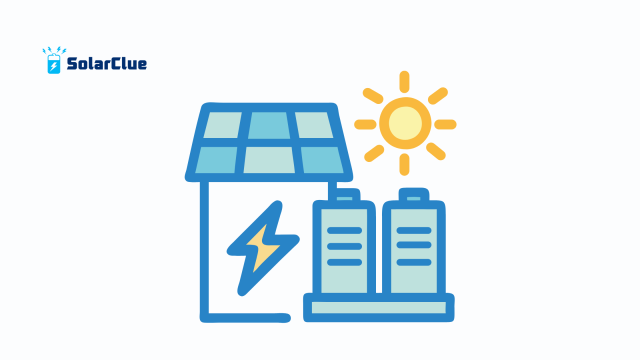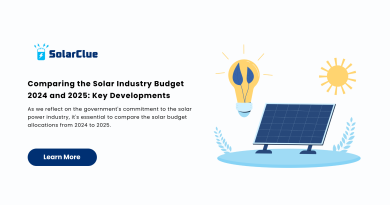Advancements in Solar Battery Storage
The growth of solar power has revolutionized how we produce and consume energy. However, one of the biggest challenges has always been storage. Without efficient storage, even the most advanced solar panel systems lose potential during cloudy days or nighttime. This is where Solar Battery Storage comes into play. Recent advancements in solar battery technology are transforming how homes and businesses use solar energy, ensuring reliability, efficiency, and sustainability.
Table of Contents
Why Solar Battery Storage Matters
A solar power system without storage can only provide electricity during the day. Excess power is often sent back to the grid, which might not always be financially beneficial. Solar Battery Storage allows homeowners and businesses to store extra solar energy and use it later, reducing dependence on the grid. This leads to:
-
Greater energy independence
-
Reduced electricity bills
-
Reliable power backup during outages
-
Maximized use of clean solar power
Key Advancements in Solar Battery Storage
1. Lithium-Ion Dominance
Lithium-ion batteries have become the standard for solar power systems. Compared to traditional lead-acid batteries, they offer:
-
Higher energy density
-
Faster charging
-
Longer lifespan
-
Lower maintenance
Their affordability and efficiency make them the most popular solar battery choice worldwide.
2. Solid-State Batteries
The next generation of solar battery storage lies in solid-state batteries. Unlike liquid electrolytes, solid-state technology uses solid electrolytes, resulting in:
-
Greater safety with reduced fire risks
-
Higher storage capacity
-
Longer life cycles
Although still emerging, they promise to redefine the future of solar power.
3. Enhanced Energy Management Systems (EMS)
Modern solar power systems now come integrated with smart Energy Management Systems. These use AI and machine learning to:
-
Predict household energy usage
-
Optimize battery charging and discharging
-
Integrate with smart homes for efficient solar energy use
4. Hybrid Inverter Integration
Hybrid inverters combine the functions of a standard inverter and a battery inverter. This simplifies solar panel installations and makes solar battery storage more affordable and accessible.
5. Cost Reductions
Over the past decade, the cost of solar batteries has decreased significantly due to mass production and technological improvements. This trend makes solar power systems more viable for both residential and commercial users.
Benefits of Advanced Solar Battery Storage
Increased Energy Independence
With advanced solar battery storage, homes can rely less on utility companies and more on self-generated solar energy.
Better Efficiency with Solar Panels
Instead of wasting surplus energy, every unit generated by a solar panel can be stored and used later, making systems more efficient.
Backup Power Supply
During blackouts, an advanced solar battery ensures uninterrupted power, which is crucial for businesses and critical applications.
Environmental Impact
Storing excess solar power reduces reliance on fossil-fuel-based backup generators, making energy use cleaner and greener.
Applications of Solar Battery Storage
Residential Use
Homeowners benefit from reduced energy bills and blackout protection, making advanced solar batteries a must-have in modern homes.
Commercial and Industrial Use
Businesses can stabilize energy costs, reduce peak-time charges, and ensure a reliable power supply with solar battery storage.
Rural and Remote Areas
In areas with poor grid infrastructure, solar power systems combined with advanced batteries provide a dependable energy solution.
The Future of Solar Battery Storage
The future of solar energy depends heavily on storage technology. With continuous advancements like graphene batteries, recycling initiatives, and government incentives, solar battery storage will only get more efficient and affordable. As more innovations emerge, the world is moving closer to a future powered entirely by solar power and sustainable energy systems.
FAQs on Solar Battery Storage
Q1. What is the lifespan of a solar battery?
Most lithium-ion solar batteries last between 10 to 15 years, depending on usage and maintenance.
Q2. Can solar panels work without a battery?
Yes, a solar panel can function without a battery in an on-grid system, but storage ensures power availability at night or during outages.
Q3. How much does solar battery storage cost?
Prices vary, but costs have been dropping steadily. Today, solar battery storage is more affordable and offers a faster return on investment.
Q4. Are solar batteries environmentally friendly?
Yes, compared to fossil-fuel-based solutions, solar batteries greatly reduce carbon emissions, though recycling remains a challenge.
Q5. Is solar battery storage suitable for businesses?
Absolutely. Businesses save significantly on energy bills and improve sustainability with advanced solar battery systems.
Conclusion
The advancements in Solar Battery Storage are reshaping the energy landscape. From lithium-ion dominance to solid-state breakthroughs, smarter energy management, and reduced costs, the progress in this field ensures that solar energy is not just clean but also reliable. For anyone investing in a solar power system, choosing the right solar battery is key to maximizing benefits and securing long-term sustainability.
If you’re considering installing or upgrading your solar panel system with advanced solar battery storage, make sure you explore the right solutions tailored for your needs. To learn more and get expert guidance, visit solarclue.com and blog.solarclue.com today—your journey to energy independence starts here!





